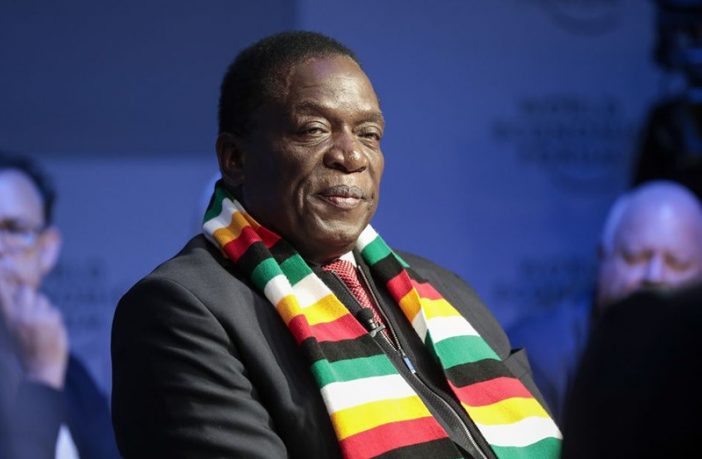The fund – which has been developed by Unesco, UNWOMEN and the United Nations Development Programme, alongside the government of Zimbabwe – is expected to largely focus on leveraging private investments.
Related news: Plight of the IPP in Zimbabwe
UN Resident and Humanitarian Coordinator Edward Kallon said at Zimbabwe’s recent 5th International Renewable Energy Conference and Expo 2024 that the $45 million investment “signifies a concrete commitment to driving sustainable development and progress in our nation … By promoting the adoption of renewable energy sources, the United Nations supports the Government of Zimbabwe in mitigating climate change, improving energy access, and driving socio-economic progress.”
The government has also given the green light to 10 independent power producer (IPP) projects to start generating electricity within the next two years. The projects have a combined capacity of 271 MW and include six solar installations: the 10 MW Mutorashanga Indo Africa Solar plant, the 5.5 MW Guruve Solar array, the 50 MW De Green Rhino Solar plant, the 10 MW Equinox Solar project, the 10.5 MW Murombedzi Solar array, and the 30 MW Energywise Vungu Solar project.
Related news: Zimbabwe’s finance minister announces incentives for IPP’s to attract 1000MW renewable energy development
Zimbabwe’s focus on renewables comes as it attempts to lessen its reliance on energy imports and improve access to electricity, as World Bank data shows that just 49% of the country had access in 2021. The country still faces significant power deficits, which contribute to regular power outages. A Zimbabwe Economic Update published by the World Bank in December said that the weak financial performance of energy companies, insufficient central planning, and limited private sector participation have been exacerbating problems with electricity supply and access.
Zimbabwe President Emmerson Mnangagwa, who is now under fresh sanction from the US government for human rights abuses and corrutpion, also said last week that the country is “ready to welcome more investors and partners to take up opportunities to promote new energy technologies and smart off-grid systems across the country … Our statistics reflect that Zimbabwe is making steady progress in stabilising and increasing total energy output. However, more work must be done to ensure consistent access to clean energy across our provinces, including in rural communities.”
At the end of 2022, the government said it would expedite the commissioning of27 solar IPP installations at a total cost of around $1 billion. Plans for Zimbabwe’s first utility-scale green hydrogen power plant, with 178 GWh of expected annual electricity production, were finalised in March 2023. Read more
According to the International Renewable Energy Agency, Zimbabwe had deployed 41 MW of solar by the end of 2022.
Author: Patrick Jowett
This article was originally published in pv magazine and is republished with permission.















